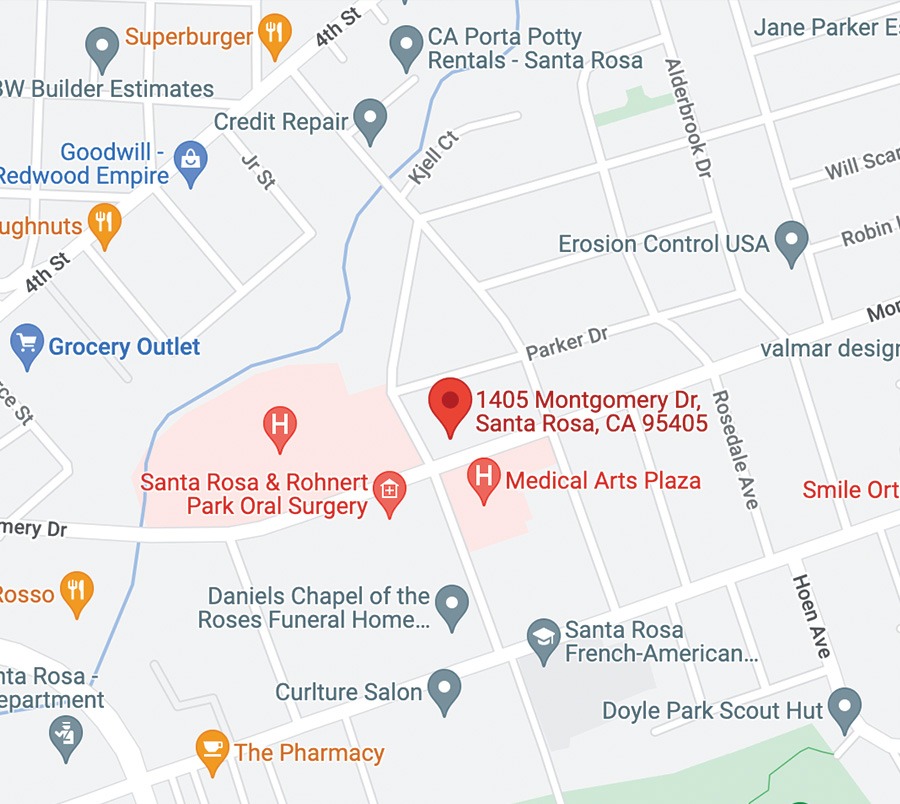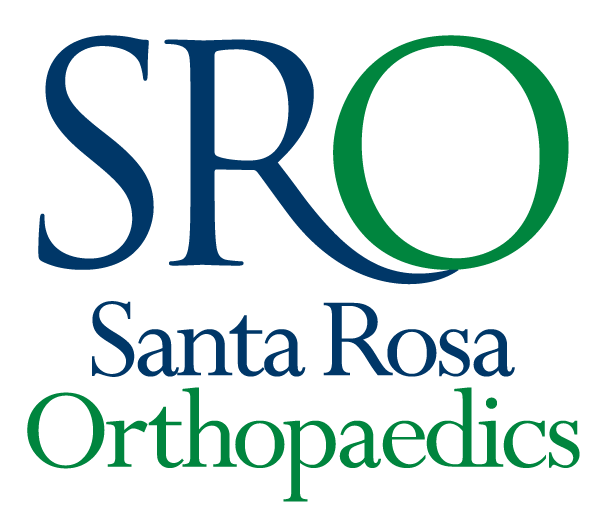Senior citizens who are not vitamin D deficient have a better chance of walking after hip fracture surgery, according to a Rutgers-led study.
The findings in The American Journal of Clinical Nutrition suggest that vitamin D deficiency could limit mobility in older adults, said senior author Sue Shapses, a professor in the Department of Nutritional Sciences at the School of Environmental and Biological Sciences at Rutgers University-New Brunswick.
Shapses suggests that older adults take 800 international units (IU), equivalent to 20 micrograms, of vitamin D daily to prevent deficiency. Vitamin D is important for bone health, and people get it through some foods, exposure to the sun and vitamin pills.
“An important next step is learning how vitamin D affects mobility,” said Shapses, who is also an adjunct professor in the Department of Medicine at Rutgers Robert Wood Johnson Medical School and director of the Center for Human Nutrition, Exercise and Metabolism at Rutgers’ New Jersey Institute for Food, Nutrition, and Health. “For example, it is not clear if severe vitamin D deficiency is associated with direct effects on muscle, cognition and/or other organ systems.”
A broken hip — among the most serious fall injuries — is hard to recover from, with many people unable to live on their own afterward. In the United States, more than 300,000 people 65 or older are hospitalized for hip fractures annually and falling causes more than 95 percent of these type of fractures. Women fall more frequently than men, experiencing three-quarters of hip fractures, and the number of fractures is likely to rise as the population ages, according to the U.S. Centers for Disease Control and Prevention.
Regaining mobility after a hip fracture is important for full recovery and to reduce the risk of death. But vitamin D deficiency is associated with reduced mobility after surgery to repair a hip fracture.
The multi-site study of patients 65 or older in the United States and Canada examined the influence of vitamin D levels in blood serum and nutrition on mobility. The study focused on death rate or inability to walk 10 feet (or across a room) without someone’s help after surgery.
The findings showed that vitamin D levels greater than 12 nanograms per milliliter (12 parts per billion) in blood serum are associated with a higher rate of walking at 30 and 60 days after hip fracture surgery. While poor nutrition is associated with reduced mobility 30 days after surgery, that factor was not statistically significant. Still, in patients with high levels of parathyroid hormone, which leads to high levels of calcium in blood, mobility was reduced if their nutritional status was poor.
“This matters because vitamin D deficiency and malnutrition are common disorders in elderly patients with hip fractures and often occur together since both are complications of poor nutrition,” Shapses said.
Previous studies have shown that taking 800 IU of vitamin D a day can prevent falling and fractures. A Rutgers-led study published last year indicated that high vitamin D intake (4,000 IU a day) compared with 600 IU a day may reduce reaction time, potentially boosting the risk of falling and fractures. The recommended dietary allowance for vitamin D is 600 IU daily for people from 1 to 70 years old and 800 for people over 70.
“These studies suggest that too much or too little vitamin D will affect mobility and falls in the elderly,” Shapses said.
The lead author is Lihong Hao, a post-doctoral associate in the Department of Nutritional Sciences. Co-authors include Jeffrey L. Carson, provost, New Brunswick at Rutgers Biomedical and Health Sciences and Distinguished Professor of Medicine and Richard C. Reynolds M.D. chair in General Internal Medicine at Rutgers Robert Wood Johnson Medical School; Yvette Schlussel, research scientist and statistician in the Department of Nutritional Sciences; and Helaine Noveck at Rutgers Robert Wood Johnson Medical School.
Read this article on Science Daily —> “Vitamin D boosts chances of walking after hip fracture: Scientists studied the impact of vitamin D on post-surgery mobility.” ScienceDaily. ScienceDaily, 17 March 2020. <www.sciencedaily.com/releases/2020/03/200317175446.htm>.


